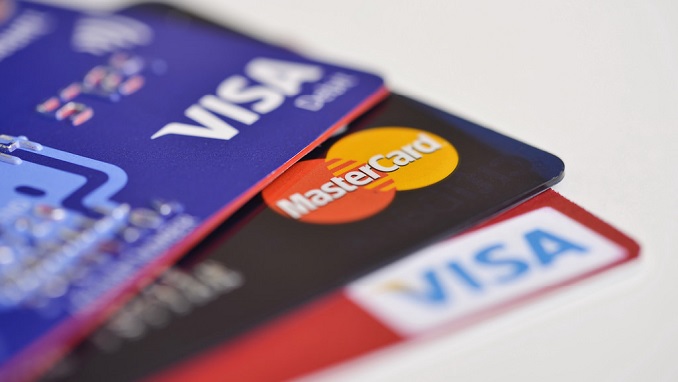Since September 1, the international payment system (MPS) Visa has significantly lowered the interchange (the fee paid by the acquiring bank to the issuing bank when paying with a credit card) for fast food in Russia, Kommersant writes.
Previously, the fee for most cards was 0.95 percent, and for premium cards it reached 2.35 percent, but now it is 0.5 percent for all cards with the sole condition that the check be no more than 500 rubles. Thus, Visa has effectively made street fast food the same as the biggest fast food businesses, for whom the 0.5 percent fee has been in place for many years.
In August, Visa informed banks that it will discontinue a number of special programs for the biggest traders in a variety of sectors next year in exchange for a lower interchange rate charge (IRF), which the acquirer pays to the card issuing bank.
According to the MCC codes (which identify a merchant and service enterprise’s (TSP) membership to a certain sector), special programs for shops selling home appliances and domestic products will be terminated.
According to Alexey Maslov, co-chairman of the Association of Banks of Russia’s committee on payment systems, many payment systems balance interbank fees on a regular basis. According to Andrey Vylegzhanin, an independent specialist in the electronic payments industry, payment systems often utilize the commission to balance the interests of all market players.
Simultaneously, he observes that if any preferential rate schemes are discontinued, the case may be made that they either completely accomplished their job or, on the contrary, did not have the anticipated impact. According to Vadim Zhegalov, Sales Director of the Tekno fintech business, Visa “demonstrates that it monitors the market environment and reacts quickly to its issues and queries.”
According to Roman Prokhorov, the head of the board of the Financial Innovations Association, interchange is one of the key elements in regulating the activity of payment system participants: “As a rule, its increase contributes to an increase in the issue of cards, because the issuing bank receives a higher income at the same time.”
The decrease in interchange encourages acquiring banks and merchants to expand card transactions by enabling banks to lower rates while maintaining or increasing profits.
As a result, experts believe that in the face of rising inflation, a major portion of customers will resort to street fast food more actively, and it is fascinating for the payment system that a growing proportion of traffic shifts from cash to cashless circulation.
This may be accomplished by encouraging acquiring banks to aggressively offer tiny fast food businesses low-cost card acceptance.
According to experts, the closure of programs for major home and household appliance shops would enable issuing banks to extend loyalty programs for its clients and provide, for example, greater rewards for purchases in these stores. The exclusion of a number of premium cards from a number of other special programs, which will also begin to function next year, is targeted at the same goal.












